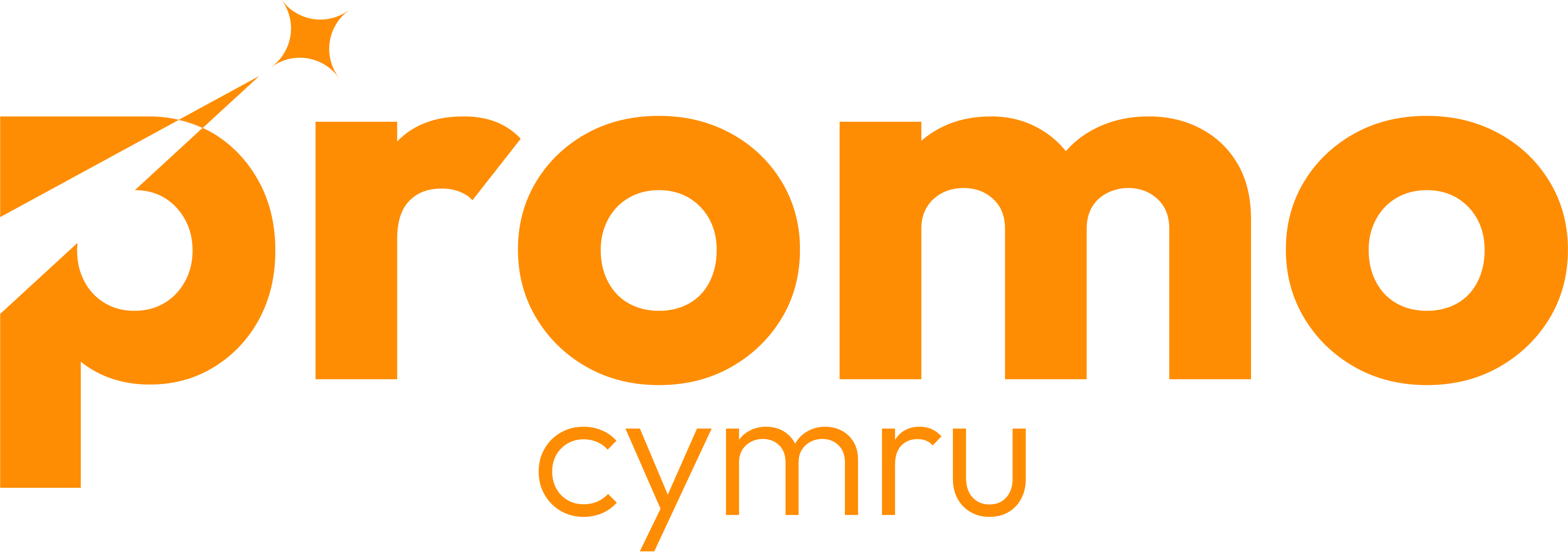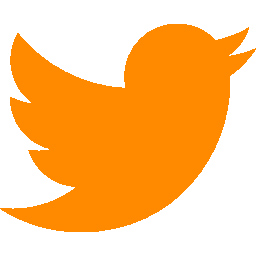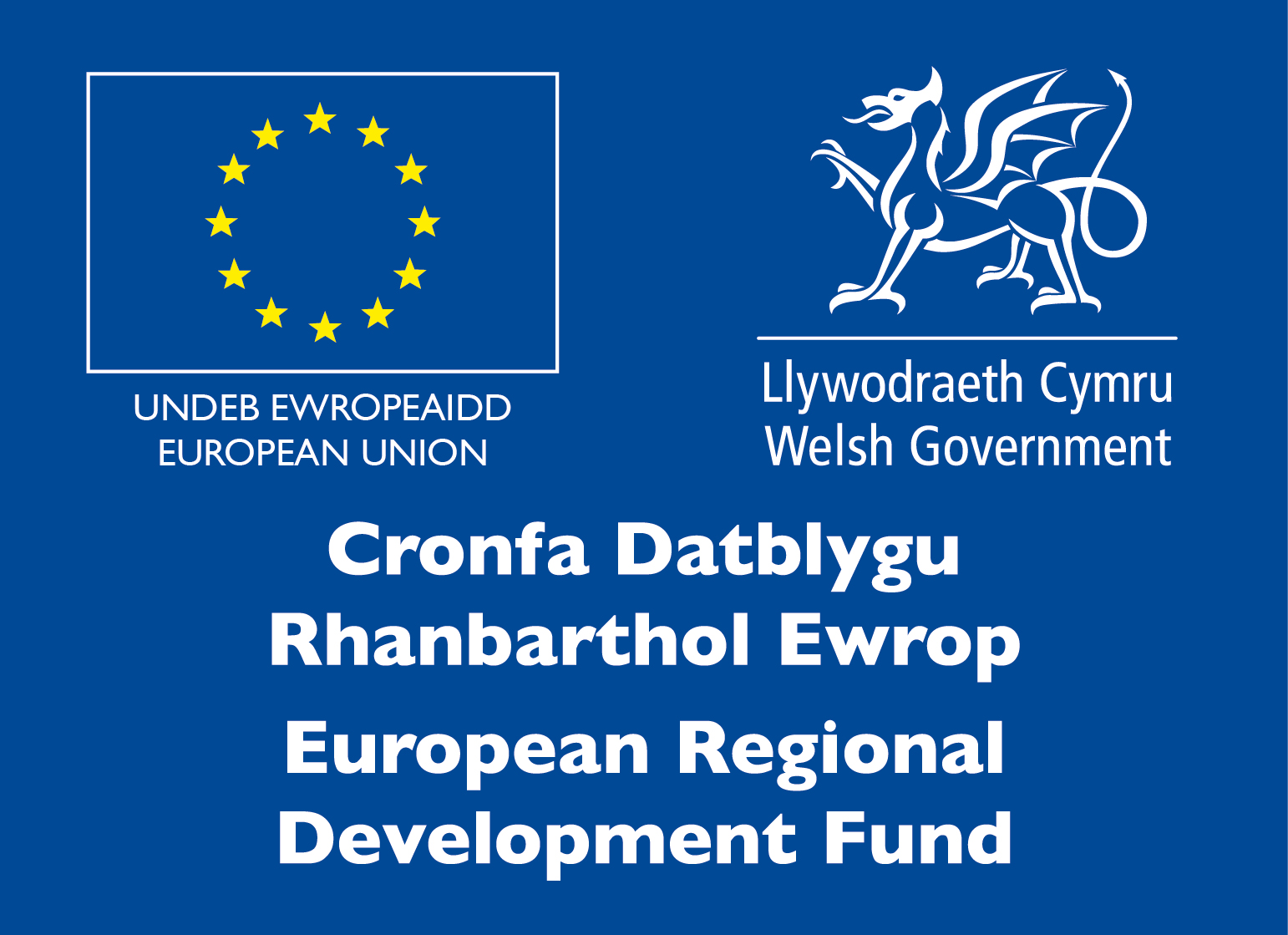by Nathan Williams | 3rd Nov 2017
Should you ditch email and just WhatsApp your clients and service users? We look at how the third sector can use messaging apps to engage communities.
Third sector and community groups routinely use Facebook and Twitter to engage with their communities, which we think is great. However, it is important to routinely assess the most effective social media platforms for engaging with the people we serve. Also, we must not feel bad about abandoning platforms that are now ineffective. A recent Reuters News report has highlighted the importance of social messaging apps. In this article, we discuss what that means for community engagement.
WhatsApp with messaging apps?
The majority of us will be familiar with social messaging apps. Billions of people around the world regularly use services such as WhatsApp, Facebook Messenger, and Snapchat. And let’s not forget the oldest social messaging app of all: text message.
The advantages of these services are that they allow people to create their own trusted private networks. This can be with friends, family, colleagues or other communities of interest. Also messaging apps help to avoid some of the privacy pitfalls that come from using traditional social media.
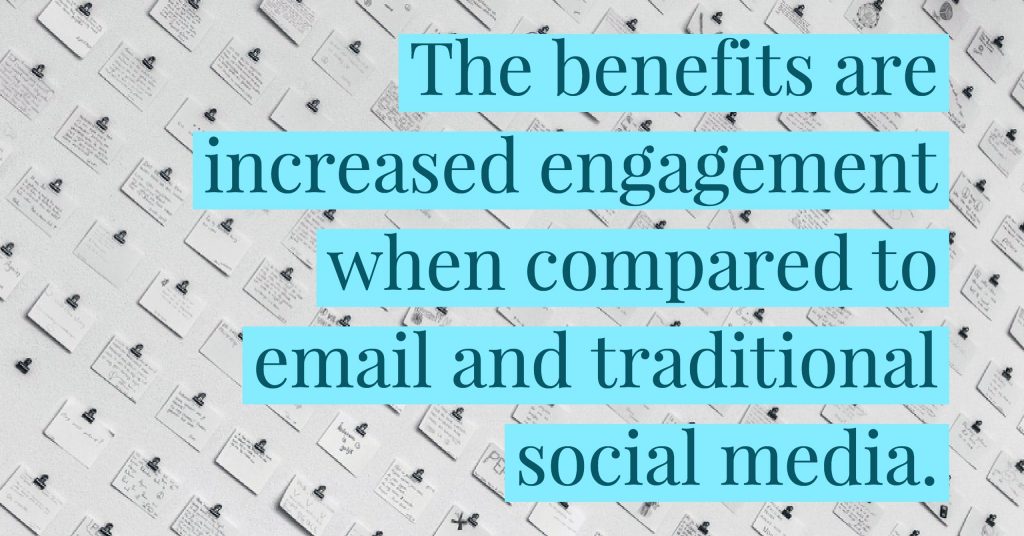
Once there was an emphasis on having an app for everything. Now the prevalence of social messaging services has made it more important to have a strategy to exist across all social messaging platforms. The benefits are increased engagement when compared to email and traditional social media.
“Messaging is one of the few things that people do more than social networking.” Mark Zuckerberg, CEO of Facebook.
An example of a third sector organisation that engages people in its work through the use of Whatsapp is Doctors Without Borders. WhatsApp has allowed them to tell stories directly from conflict zones with speed and a feeling of immediacy not found in other communications such as email.
Another more advanced example comes from Charity: Water. They now take donations through an automated piece of software called a bot on Facebook Messenger.
No signal?
Third sector and community organisations have generally been slow to adapt to these new messaging services. One of the reasons for this is that many associate these apps with the mobile phone instead of the computer, which we still use for the majority of our day-to-day work. ProMo has previously highlighted a useful programme called Franz that allows you to run your social messaging apps through your computer. This makes dealing with multiple platforms and typing a lot easier.
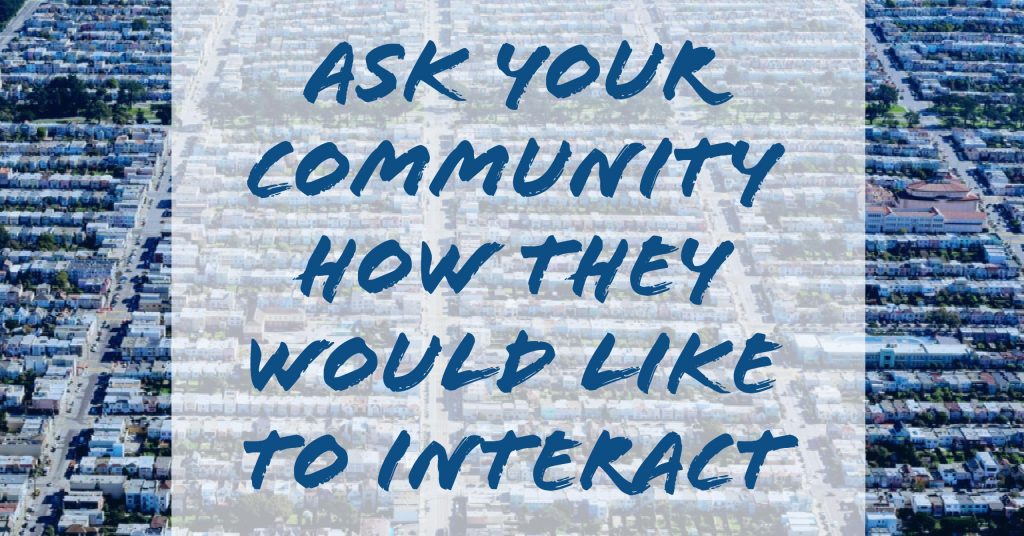
There is also the problem with becoming familiar with certain platforms. It has taken some time, but third sector organisations generally know the basics of using Facebook and Twitter and that everyone else uses them. However there can be an assumption that these platforms must be OK for their needs and their communities.
What works for your community?
As we said at the start of the article, it is important that you understand what works best for your community. If it is email, great. If it is Snapchat, brilliant. You should ask your community how they would like to interact. You should also remember that these platforms can act as a way to become a digital community anchor, ensuring your organisation’s continued relevance in peoples’ everyday lives. The community, not the platform is the priority.
Everything starts with a conversation
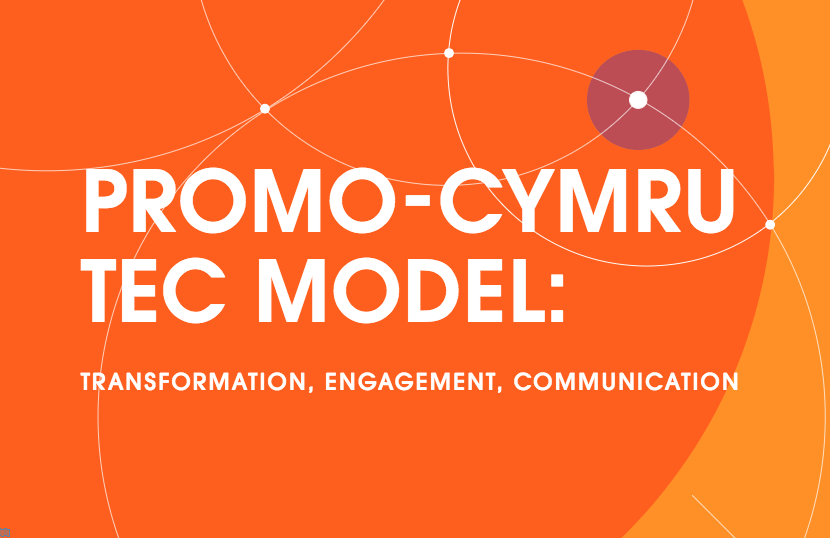
ProMo-Cymru works towards building positive change and lasting relationships between individuals, families and communities. Providing innovative and creative solutions through meaningful conversations and digital technology. If you’d like to discuss how our TEC Model can help your organisation then get in touch.

